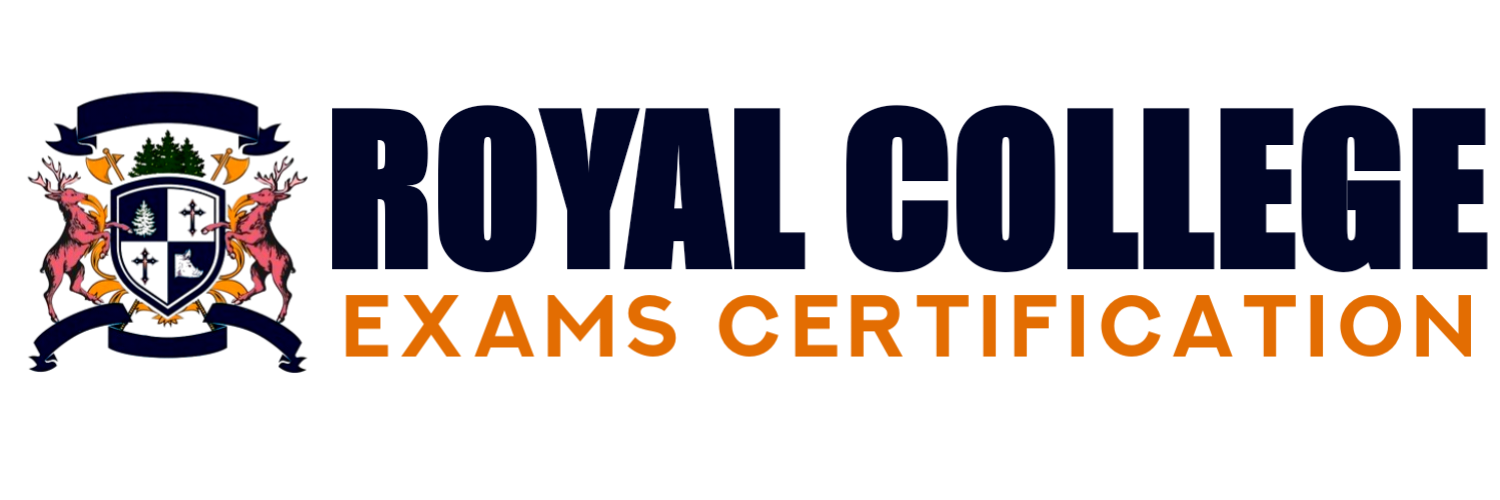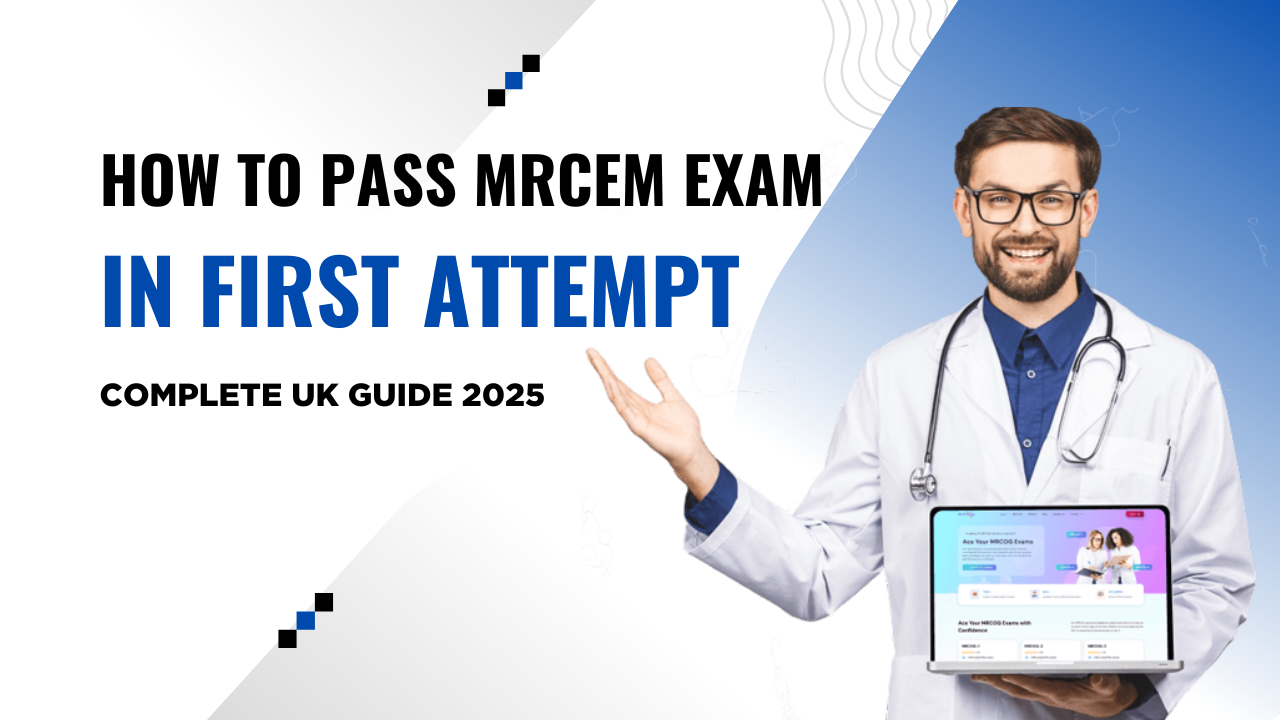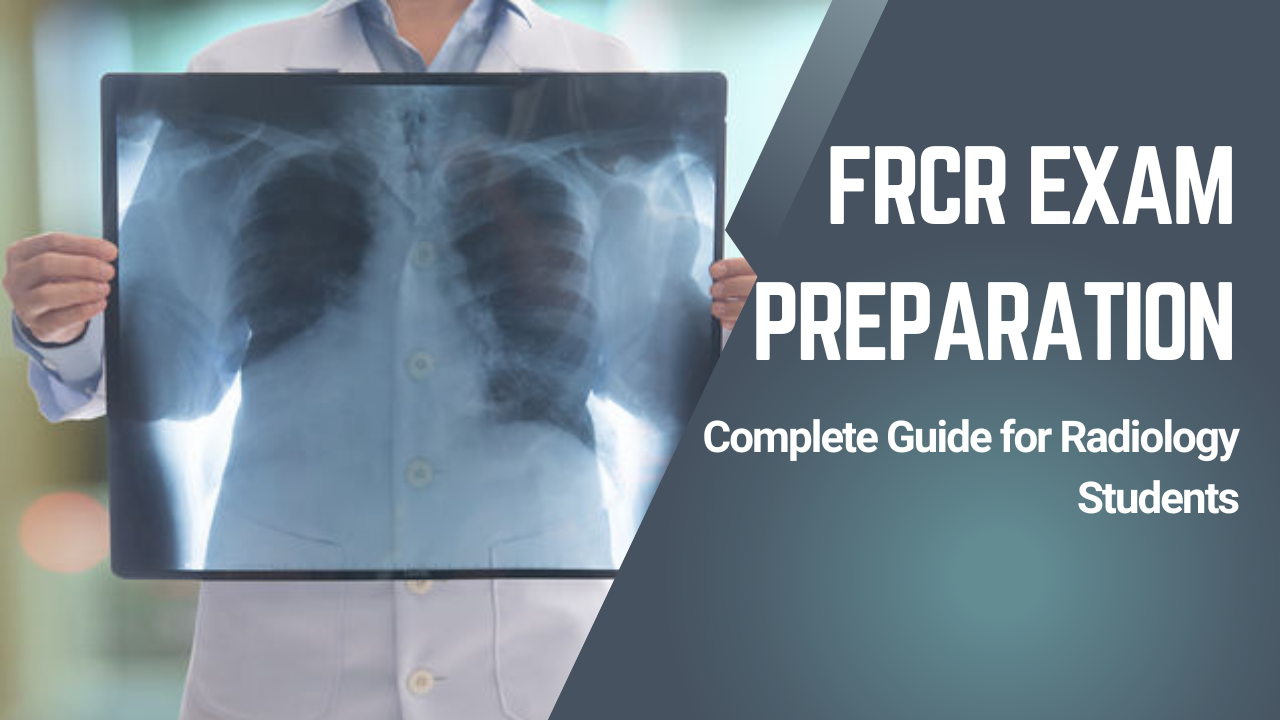Tips for Passing the FRCPath Exam on Your First Try
Guidelines for Successfully Passing the FRCPath Exam on Your Initial Attempt
Tips for Passing the FRCPath Exam on Your First Try : Preparing for the FRCPath (Fellowship of the Royal College of Pathologists) examination can seem like a daunting task, particularly if your goal is to succeed on your first attempt. This postgraduate medical credential, provided by the Royal College of Pathologists (RCPath) in the UK, aims to evaluate a candidate’s knowledge, practical abilities, and capacity to implement pathology in clinical settings. Achieving a passing score on the exam is a significant milestone for prospective pathologists, as it opens doors to advanced training, career progression, and global recognition.
In this detailed guide, we will outline effective tips, preparation techniques, study materials, and mental strategies to enhance your likelihood of passing the FRCPath exam on your first attempt.
Comprehending the FRCPath Exam
Prior to exploring the tips, it is crucial to grasp the exam’s structure. The FRCPath is segmented into two components:
Tips for Passing the FRCPath Exam on Your First Try
Part 1 (Written Examination)
- Typically undertaken by candidates who are in the midst of their specialty training.
- Evaluates theoretical understanding in pathology.
- The format consists of multiple-choice questions (MCQs), extended matching questions (EMQs), and written short-answer questions.
- It places significant emphasis on fundamental science, laboratory medicine, and diagnostic competencies.
Part 2 (Practical and Oral Exam)
- This section is more advanced and oriented towards clinical practice.
- It assesses diagnostic skills through slide evaluations, laboratory tests, written reports, and oral discussions (viva).
- A strong foundation in practical experience and exposure to pathology cases is essential.
Key takeaway: Both examinations evaluate knowledge and practical comprehension, but the Part 2 exam necessitates a greater application of pathology skills in real-world scenarios.
Why Passing on the First Try Matters
Although numerous candidates succeed after several attempts, passing the FRCPath exam on the first attempt presents various benefits:
- Time-saving: You can advance swiftly in your training and career.
- Financial efficiency: The costs associated with exam fees, travel, and preparation can accumulate. Achieving success on the first attempt helps avoid additional expenses.
- Confidence booster: Achieving success early enhances your professional credibility.
- Global opportunities: International hospitals and research institutions appreciate quick success in RCPath examinations.
10 Proven Tips for Passing the FRCPath Exam on Your First Try
1. Start Preparation Early
Many candidates fail to recognize the exam’s complexity. Ideally, you should commence your preparation at least 6–12 months prior to your exam date. Early preparation provides ample time for revision, practice tests, and a deeper understanding of challenging topics.
📌 Pro Tip: Develop a customized study schedule with weekly objectives (e.g., reviewing hematology cases in week 1, practicing immunology questions in week 2).
2. Master the Exam Blueprint
The RCPath offers a syllabus and previous examination papers that highlight key areas of focus. Dedicate time to reviewing the exam blueprint to grasp the weightage and priority of subjects.
For instance, in hematology, essential areas include:
- Morphology of blood cells
- Coagulation disorders
- Hematological malignancies
- Transfusion medicine
By concentrating on high-yield topics, you enhance your likelihood of responding confidently during the exam.
3. Utilize Standard Textbooks & Journals
Invest in reputable reference materials. Some highly recommended resources include:
- Robbins and Cotran Pathologic Basis of Disease (general pathology)
- Dacie and Lewis Practical Haematology (for hematology candidates)
- WHO Classification of Tumours (updated editions)
- Bailey & Love’s Short Practice of Surgery (surgical pathology context)
- RCPath Past Papers & Guidelines
Additionally, stay current with the latest journal articles in your subspecialty to remain informed.
4. Engage with Past Papers
RCPath past papers are invaluable. Practicing them will assist you in:
- Understanding the exam format.
- Enhancing speed and precision.
- Identifying areas of weakness.
- Building confidence in managing case scenarios.
Attempt solving papers under timed conditions to replicate exam pressure.
5. Participate in a Study Group or Coaching Program
Studying alone can sometimes hinder progress. A study group or coaching program can help maintain motivation and provide exposure to diverse viewpoints. Many successful candidates suggest:
- Joining online RCPath preparation forums.
- Engaging in slide-sharing groups for Part 2 practice.
- Enrolling in organized preparatory courses (if available).
6. Enhance Slide Interpretation Skills (For Part 2)
Part 2 places significant emphasis on practical diagnosis from slides. Improve your skills by:
- Spending additional hours in the lab analyzing slides.
- Requesting feedback from senior consultants.
- Practicing with digital slide libraries if physical access is restricted.
Keep in mind, accuracy and speed are crucial—train your eye to quickly identify key features.
7. Enhance Your Writing Speed and Clarity
The written components assess not only your knowledge but also your capacity to convey information succinctly. Engage in writing structured, clear, and time-efficient responses.
- Utilize bullet points whenever feasible.
- Steer clear of unnecessary jargon.
Organize responses logically: Definition → Key Features → Examples → Clinical Relevance.
8. Effectively Manage Time During the Examination
Time constraints represent one of the most significant challenges. To prevent running out of time:
- Begin with questions you are confident in answering.
- Designate specific minutes for each question (for instance, 10 minutes for long-answer questions).
- Avoid getting stuck—proceed to the next question and return later if time allows.
9. Maintain Calmness and Positivity
Examinations serve not only as a measure of knowledge but also as a test of mental fortitude. Anxiety can hinder performance. Some strategies to remain calm include:
- Engaging in mindfulness or meditation prior to the exam.
- Ensuring sufficient rest before the day of the exam.
- Refraining from last-minute studying that induces stress.
📌 Keep in mind: A tranquil mind processes information more effectively and enhances recall under pressure.
10. Learn from Others Who Have Passed
Seek advice from colleagues, mentors, or online communities where previous candidates share their insights. Inquire about:
- What strategies were most effective in their preparation.
- Common errors they encountered.
- Which resources they deemed most beneficial.
Gaining knowledge from the experiences of others can save you both time and effort.
Common Mistakes to Avoid
Even candidates who are well-prepared can occasionally falter due to common traps:
- Relying too heavily on textbooks without engaging in past paper practice.
- Ignoring weaker subjects. The exam is comprehensive—leaving gaps can result in lost marks.
- Failing to manage stress on exam day. Anxiety can lead to careless mistakes.
Insufficient practical experience. This is particularly crucial for Part 2.
Sample 3-Month Study Plan (Before Exam)
Here is a sample timeline you can modify:
- Month 1: Address core theoretical topics; read key textbooks; begin practicing MCQs.
- Month 2: Review topics; tackle past papers weekly; participate in a study group.
- Month 3: Concentrate on weaker areas; practice under timed conditions; enhance slide interpretation; conduct mock exams.
Final Thoughts
Successfully passing the FRCPath exam on your first attempt is entirely possible with organized preparation, discipline, and appropriate resources. Keep in mind:
- Begin early and adhere to a realistic plan.
- Utilize past papers as your primary practice resource.
- Balance theoretical understanding with practical abilities.
- Maintain calmness, confidence, and focus on the broader objective.
Each candidate’s journey is distinct, but with commitment and a strategic approach, you can enter the exam hall fully prepared and emerge one step closer to achieving your career aspirations.
FAQs Regarding the FRCPath Examination
Q1: What is the maximum number of attempts permitted for the FRCPath exam?
There is no definitive limit; however, passing early can conserve both time and resources.
Q2: Is coaching essential for success in the FRCPath?
While not obligatory, having structured guidance and participating in study groups can prove to be very beneficial.
Q3: How frequently is the FRCPath exam conducted?
Typically, it is administered biannually—in the spring and autumn.
Q4: What is the success rate for FRCPath examinations?
This rate fluctuates depending on the specialty and the year, but it generally falls within the range of 40–60%.
Q5: Are international candidates eligible to sit for the FRCPath exam?
Indeed, numerous doctors from abroad take the exam, although certain eligibility criteria must be met.
For More Information
Visit Us : https://royalcollegeexamscertification.com/
Email : Kimlurence@gmail.com
Contact : +44 7706223505







5 Responses
Really helpful! I’ve been struggling with time management, and your exam-day tips gave me a clear plan to follow.
Great advice! I especially liked the study group suggestion—it’s motivating to learn from peers preparing for the same exam.
This guide is exactly what I needed before starting my FRCPath prep. Thank you for breaking everything down so clearly.
Wish I had found this before my first attempt. Definitely sharing it with colleagues preparing now.
Really helpful!!